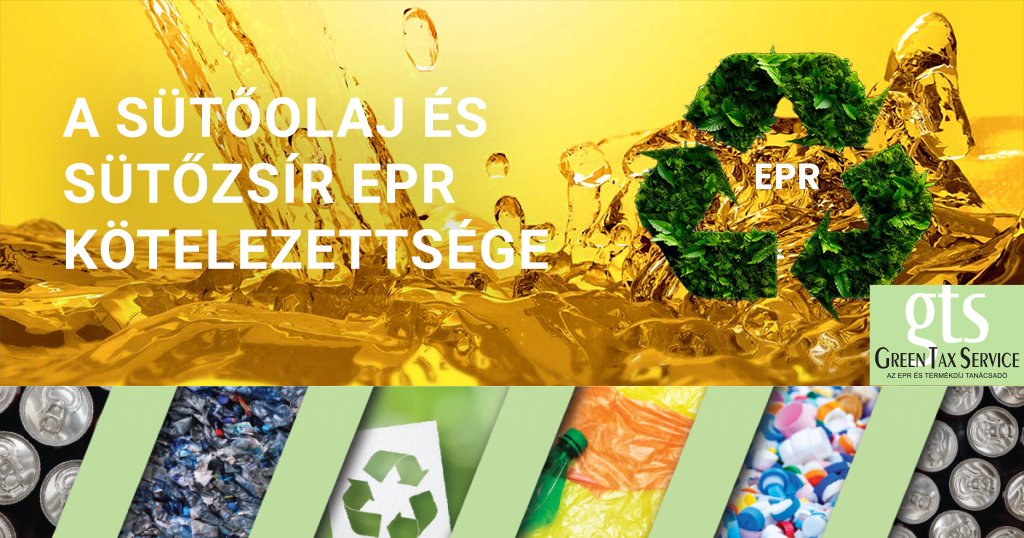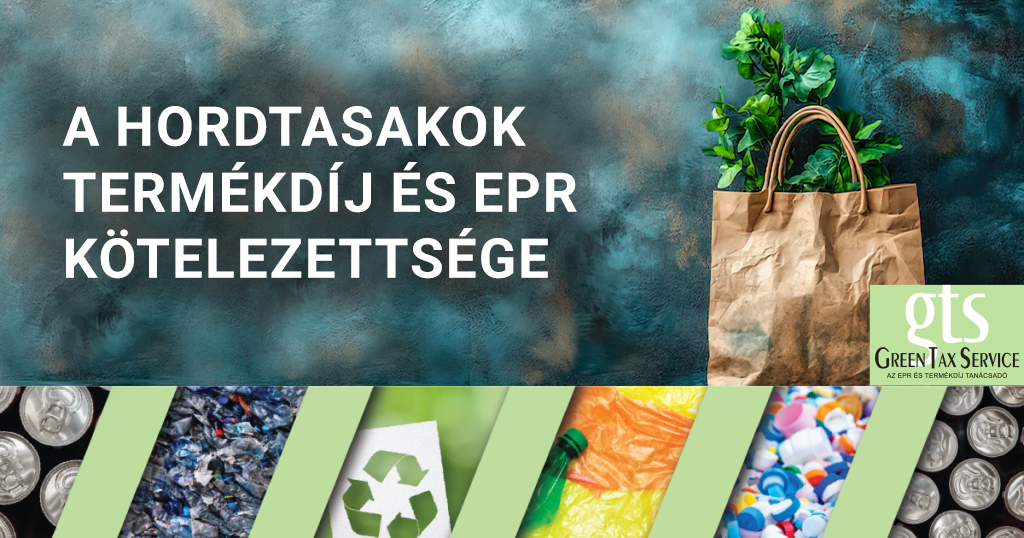
A Parlament döntése értelmében betiltanak bizonyos műanyag termékeket. A médiában a legnagyobb visszhangot a műanyag táskák betiltása vagy további forgalmazás engedése keltett, mely sok esetben nem szakmai alapokon nyugvó vitákat generált, sokkal inkább politikai, érzelmi hatásokat váltott ki. Jelen szakmai cikkünk törekszik a már elfogadott jogszabályi háttér bemutatására, valamint a szakmai érvek „hideg” érzelem mentes bemutatása.
Fontos, hogy a törvényjavaslatot 195 igen szavazattal, tartózkodók és nemmel szavazók nélkül fogadta el a Parlament (A törvényt az Országgyűlés a 2020. július 3-i ülésnapján fogadta el, melyet a Magyar Közlöny 170. számában tett közzé), ami egyöntetű konszenzusról tesz tanúbizonyságot. A korábbi tervezet már január 1-étől betiltotta volna az egyszer használatos műanyag italpoharakat, valamint a könnyű és nagyon könnyű, ezen belül a biológiailag lebomló műanyagból készült hordtasakokat is. Szerencsére az elfogadott törvény kevésbé tiltó.
Természetesen nem célunk a viták tekintetében döntő bírónak lenni, de a megítélésünk szerint az igazság ebben a kérdésben is fél úton van. A teljes tiltással több száz, esetleg több ezer munkahely szűnt volna meg, és prosperáló vállalkozások kerültek volna csőd közeli helyzetbe, ráadásul szakmailag nem is indokolt a teljes tiltás, ugyanis nem minden műanyag termék esetén van valós és költséghatékony alternatív kiváltó megoldás. Sok esetben a papír lobbi képviselői nem számoltak azzal a ténnyel, hogy Magyarország nem erdei nagyhatalom, ráadásul papírgyárakban sem bővelkedünk, tehát nem marad más, mint a kész papírzacskók, vagy a papír alapanyag külföldi behozatala. Ami a fogyasztóknál csapódna le a maga 353 Ft-os euro közép
árfolyam miatt, mint költség növekedés, ráadásul a dübörgő kamionok ökológiai lábnyomáról, valamint a papír szakító szilárdságának a műanyaghoz viszonyított egyharmados arányáról (háromszor annyi súlyú papír alapanyag kell egy táska előállításához, mint műanyagól) nem is beszélve. Vitathatatlan tény továbbá, hogy a 15 mikronnál kisebb falvastagságú műanyag hordtasakok használata higiéniai célokból szükséges vagy segít megelőzni az élelmiszer pazarlását (a tőkehús, nedves áru, belsőségek).
Tisztában kell lennünk azzal, hogy a műanyag zacskó nem önszántából kerül az erdőbe, út szélére és nem is örömében ugrik a folyókba, tengerekbe, hanem bizony azt „emberi kéz” teszi oda. A legfontosabb az emberek fejében rendet tenni, ugyanis a kibocsátott műanyagoknak csak egytizede kerül újrahasznosításra, amin elsődlegesen tudatformálás útján lehet változatni, minden egyes embernek a saját szokásainak megváltoztatása eredményeként.
Jelen szakcikkünk célja nem a SUP irányelv hazai megvalósulásának terv szerinti bemutatása, hanem kizárólag a műanyag táskákra vonatkozó termékdíj törvény változásaira fókuszál.
Legfontosabb változás, hogy a műanyag bevásárló-reklám táska fogalmát a jogalkotó hatályon kívül helyezi. Helyette új fogalmakkal kell megismerkednünk:
Műanyag: a vegyi anyagok regisztrálásáról, értékeléséről, engedélyezéséről és korlátozásáról (REACH), az Európai Vegyianyag-ügynökség létrehozásáról, az 1999/45/EK irányelv módosításáról, valamint a 793/93/EGK tanácsi rendelet, az 1488/94/EK bizottsági rendelet, a 76/769/EGK tanácsi irányelv, a 91/155/EGK, a 93/67/EGK, a 93/105/EK és a 2000/21/EK bizottsági irányelv hatályon kívül helyezéséről szóló, 2006. december 18-i 1907/2006/EK európai parlamenti és tanácsi rendelet 3. cikk 5. pontja értelmében vett polimer, amelyhez esetleg adalékanyagokat vagy egyéb anyagokat is adtak és amely alkalmas a műanyag hordtasakok fő szerkezeti alkotóelemeként való felhasználásra, beleértve a biológiailag lebomló műanyagokat is;”
Biológiailag lebomló műanyag: olyan műanyag, amely fizikai és biológiai bomlásra képes úgy, hogy végül szén-dioxiddá (CO2), biomasszává és vízzé bomoljon le, és amely a csomagolásra vonatkozó európai szabványokkal összhangban komposztálás és anaerob lebontás útján hasznosítható;”
Műanyag hordtasak: olyan, műanyagból készült, fogófüllel ellátott vagy fogófül nélküli hordtasak, amelyet az áruk vagy termékek értékesítési pontján biztosítanak a fogyasztók részére, a hajlékonyfalú műanyag hűtőtasak vagy hűtőtáska kivételével;”
Nagyon könnyű műanyag hordtasak: olyan műanyag hordtasak, amelynek falvastagsága 15 mikronnál kevesebb, és amelynek felhasználása higiéniai célokat szolgál, vagy amelyet ömlesztett élelmiszerek elsődleges csomagolására használnak azokban az esetekben, amikor az segít megelőzni az élelmiszer-pazarlást;”
Könnyű műanyag hordtasak: olyan műanyag hordtasak, amelynek falvastagsága 50 mikronnál kevesebb;”
A törvény módosítás a könnyű műanyag hordtasakok felhasználásának csökkentése érdekében hozott tiltó intézkedéseket. A műanyag hordtasakot a biológiailag lebomló műanyagból készült műanyag hordtasak kivételével egységesen 1900 Ft/kg-os termékdíj, a biológiailag lebomló műanyagból készült műanyag hordtasak 500 Ft/kg díjtétel tétel fogja terhelni. A változás lényege, hogy a korábban 57 Ft/kg termékdíjjal terhelt eladótéri műanyag zsák, zacskó (kiflis, pék sütis, zöldséges zacskó) magasabb termékdíj tételt kapott.
Tehát összességében elmondható, hogy a korlátozás a könnyű műanyag hordtasakra vonatkozik, amelynek falvastagsága 15 mikron és a feletti, de 50 mikronnál kevesebb, a biológiailag lebomló műanyagból készült hordtasakok kivételével. Ez a törvény 2021. július 1-jén lép hatályba, időt hagyva a piaci szereplőknek a felkészülésre.
A felkészülési idő mellett, a tilalommal érintett termékeket gyártó cégek technológiaváltásának elősegítését a Kormány a 2021-2025 évben évi 10 000 000 000 forint forrás biztosításával kívánja támogatni.
Fontos kihívás továbbá a biológiai úton lebomló műanyag hordtasakok hulladékainak a hulladékgazdálkodás rendszerébe történő integrálási lehetőségeinek kialakítása. Természetesen a Kormány által elfogadásra kerülő végrehajtási rendeletek ismeretében látjuk majd a teljes jogszabályi változást és azt az alapján tudjuk teljes körűen és minden kétséget kizáróan azt bemutatni. Viszont az biztosan állítható, hogy a tudatos fogyasztás lenne a jogszabály változás célja, hogy minél inkább megelőzzük a hulladék képződést, akár úgy, hogy saját többször használatos zacskóval, tasakkal, zsákkal megyünk bevásárolni, illetve ha már ez nem valósulhat meg valamilyen oknál fogva, akkor gondoskodjuk, hogy a hulladékká vált műanyag termékek, táskák, zacskók a körforgásos gazdasági szemlélet által visszakerüljön a másodnyersanyag áramlásba.
Nyilatkozat
A GREEN TAX SERVICE Kft. kijelenti, hogy a tájékoztató összeállítását a termékdíjra vonatkozó jogszabályok szerinti előírásoknak megfelelően teljesítette. A mindenkor elvárható gondossággal és körültekintéssel, a szakmai standardok betartása szerint járt el.
Jelen összefoglaló nem tartalmazza a teljes termékdíj törvény és annak végrehajtási rendeletében előírt szabályozást. Célja nem a teljes körűség és a jogi normák hivatkozásainak pontos idézése, hanem gyakorlati iránymutatást tartalmaz, melynek elsődleges célja, hogy az összefoglaló közérthető legyen.
A GREEN TAX SERVICE Kft. tájékoztatja az olvasót, hogy a jelen összefoglalóban leírt megállapítások, vélemények, javaslatok jogalkalmazói értelmezését, gyakorlatát és szakmai véleményét tükrözi, melyek szakmai véleménynek, ajánlásnak, iránymutatásnak minősülnek, de jogi kötőerővel a jelen összefoglalóban foglaltak nem rendelkeznek. A GREEN TAX SERVICE Kft. az esetleges hibákért, hiányosságokért a felelősségét kizárja.
A GREEN TAX SERVICE Kft. nem rendelkezik hatáskörrel a jogszabályok értelmezésére, a jelen összefoglalóban foglaltak szakmai véleménynek minősülnek, melyek egy esetleges jogvitában a bíróságokat, hatóságokat nem köti.













1 comment